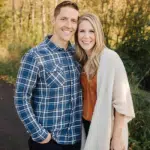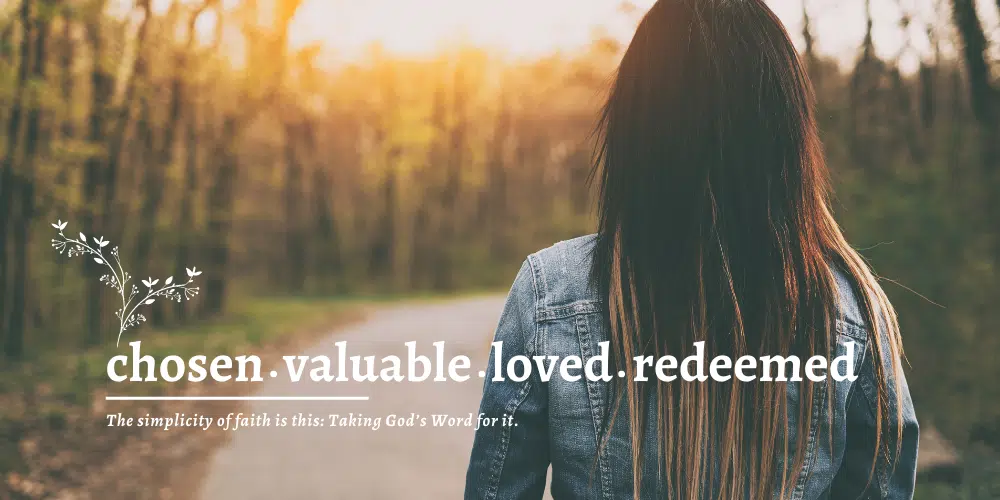In third grade, my creamy white cat escaped from our backyard to play on the busy road behind our house. Our neighbors called to let my parents know that they’d seen her sad little body on the side of the road. We could see her lifeless form from the upstairs window.
My grief was too much, and I stayed home from school to mourn. Rest in peace, Jasmine. Shortly thereafter, Mrs. Webb assigned us to write our own poetry, and with Jasmine’s memory fresh on my mind, she was my muse. I penned a few lines in her honor, painted sloppy rainbows all around it, and turned in my assignment. Mrs. Webb scrawled a note on the back of my purple construction paper: “You’re a writer”, she said.
I believed her.
Who was Mrs. Webb? As far as I know, she was simply a grade school teacher who appeared to enjoy her job and was decent at it. Now, as someone who has taught school and graded too many papers, I am well aware that some of the chicken scratch I clawed out as feedback was genuine praise and some of it was in the name of “leaving a comment”. I’ll never know to which category Mrs. Webb’s praise belongs; and it doesn’t matter.
She spoke and I believed.
How much more then, should I believe the God who formed me and called me and made me one of his own?
Again and again, the Bible tell us who we are as believers in Christ:
- His beloved child (1 John 3:1)
- His chosen ones, adopted into his family (Eph. 1:4-6)
- Valuable; His workmanship (Eph. 2:10)
- Redeemed (1Peter 1:18-19)
- Made new (2 Cor. 5:17)
- His friend (John 15:5)
- His ambassador (2 Cor. 5:20, Eph. 6:20)
- Exceedingly loved (Rom. 5:8, Eph. 2:4-5)
Why must I know who God says I am?
This belief changes everything. When Mrs. Webb declared me a writer, I starting acting like one. I penned stories, I read books, I landed on English as my major in college, all because in the back of my mind, I fully believed her. Even when I wasn’t very good at it and even during the years when I didn’t write a single word, I always held the deep-rooted belief that I could write.
Who we believe we are changes how we behave.
As Jackie Hill Perry says, “Every single thing He has ever or will ever say is true. The simplicity of faith is this: Taking God’s Word for it.”
When I have a right belief of who I am in Christ, I start acting like it—it might be clumsy and wrong-footed at first, but day by day, by the grace of God, I stop acting like an orphan and start acting like a daughter of the King. I stop grasping for control and for things like a glass of wine or a show or my husband to save me, and I start, slowly at first, but then more regularly, remembering, “Right. God is trustworthy. And he says I have enough.”
Apart from Christ, I am cranky, grumpy, entitled, a little mean, selfish, vain, indulgent. But the good news is that in Christ, we are made new. One of the faithful promises of God is that He will replace our hearts of stone with a heart of flesh, one that desires to be more like Jesus and less like my natural self (Ezekiel 36:26).
Little by little, through the grace of God’s good word and the encouragement of His saints, I start believing rightly. The good (and bad) news is that this is a long, sometimes arduous process, that seems to be taking my whole life. But when my eyes are opened to see what I’ve been given in abundance, I can pass it along to my kids or husband or talkative neighbor—and this is how I become who He’s called me to be. These truths begin in our minds, as we read and try to remember the word of God, and slowly but surely, they seep to our hearts and we start to actually think these truths more regularly (“I am loved! I am kind!), and as a result, we can’t help but live them out through our very hands and feet.
For twenty-seven years I’ve believed (even if rather audaciously) I’m a writer. So I’ve written, with gusto and confidence. When I believe myself to be chosen, valuable, loved, redeemed, I start acting like it.
If God is to be trusted, then certainly I can walk in who I am in Christ. I can start behaving as if I am who He says I am.
 About Anna: Anna Sutherland lives in the Pacific Northwest, where she is stay-at-home mom to Owen, Henry, and Hadley. She and her husband Nathan run the non-profit Flint & Iron, through which they develop resources to equip families to love God and use tech.
About Anna: Anna Sutherland lives in the Pacific Northwest, where she is stay-at-home mom to Owen, Henry, and Hadley. She and her husband Nathan run the non-profit Flint & Iron, through which they develop resources to equip families to love God and use tech.

















